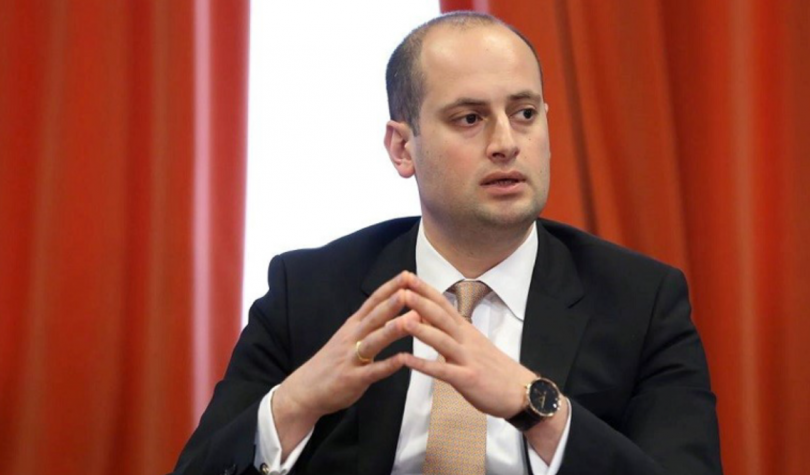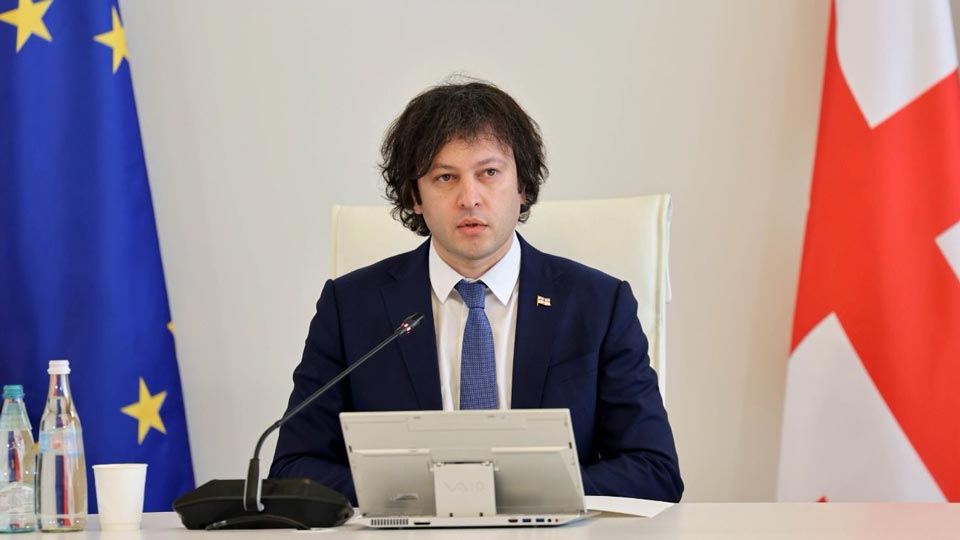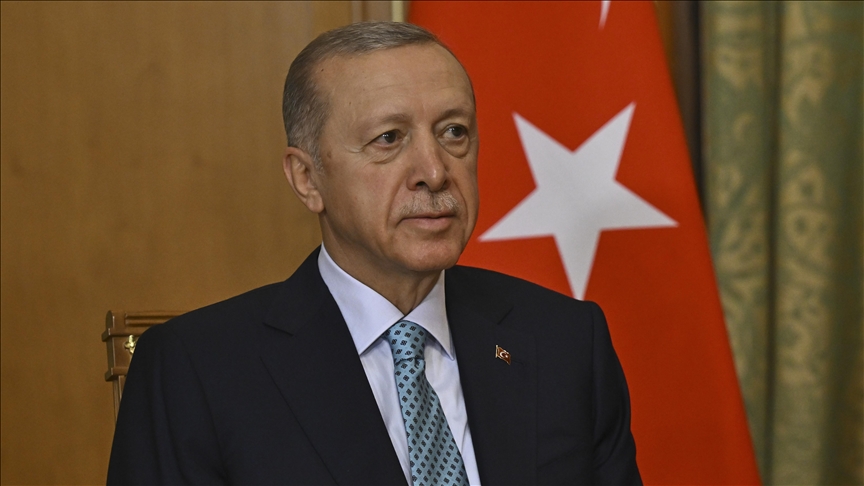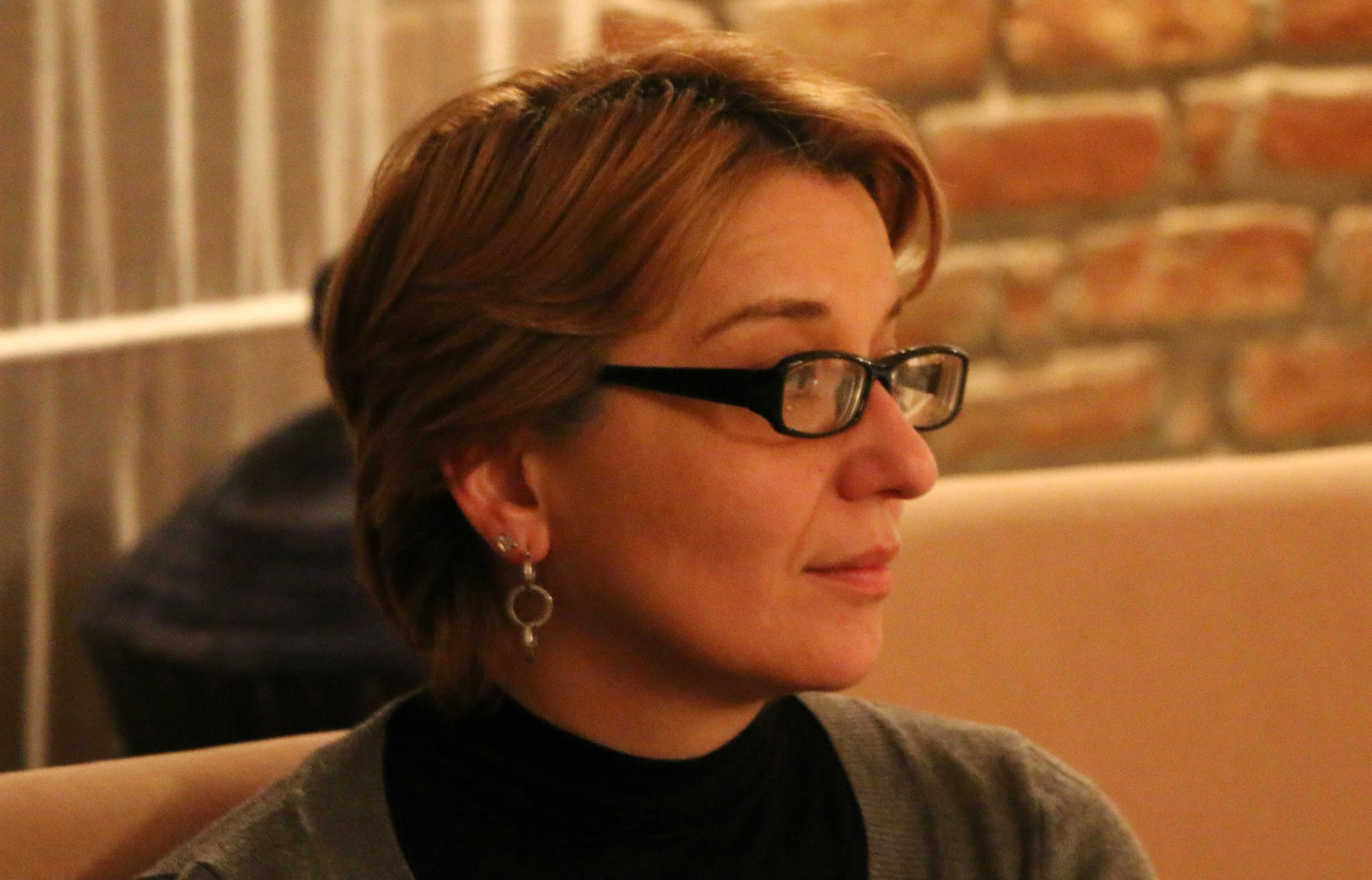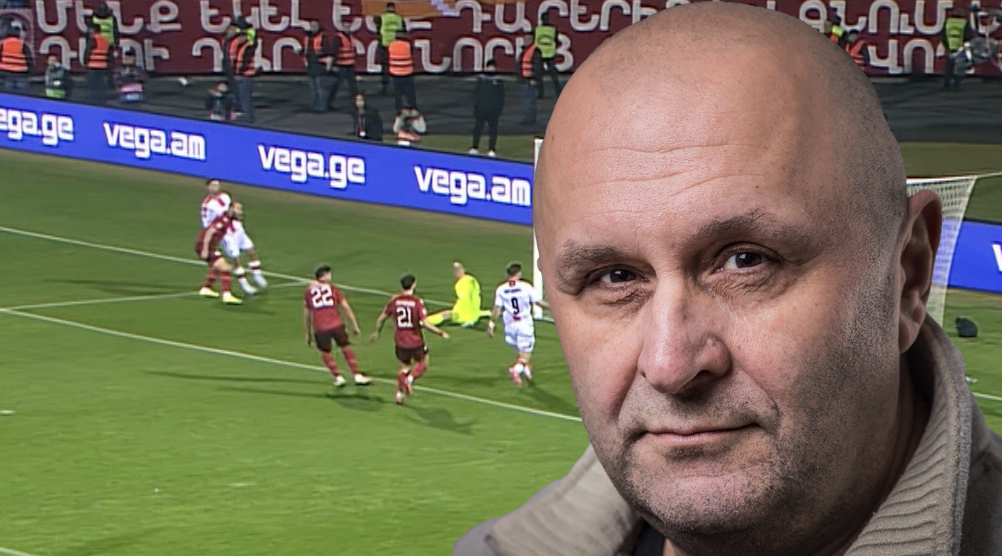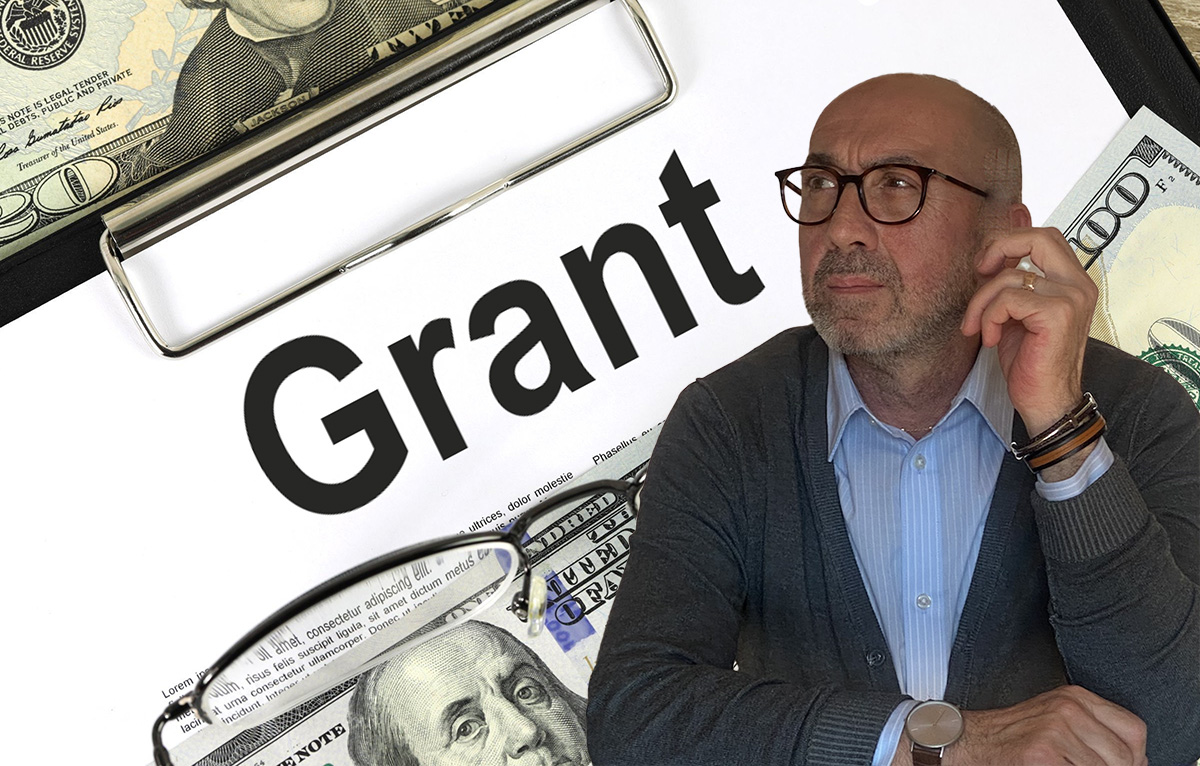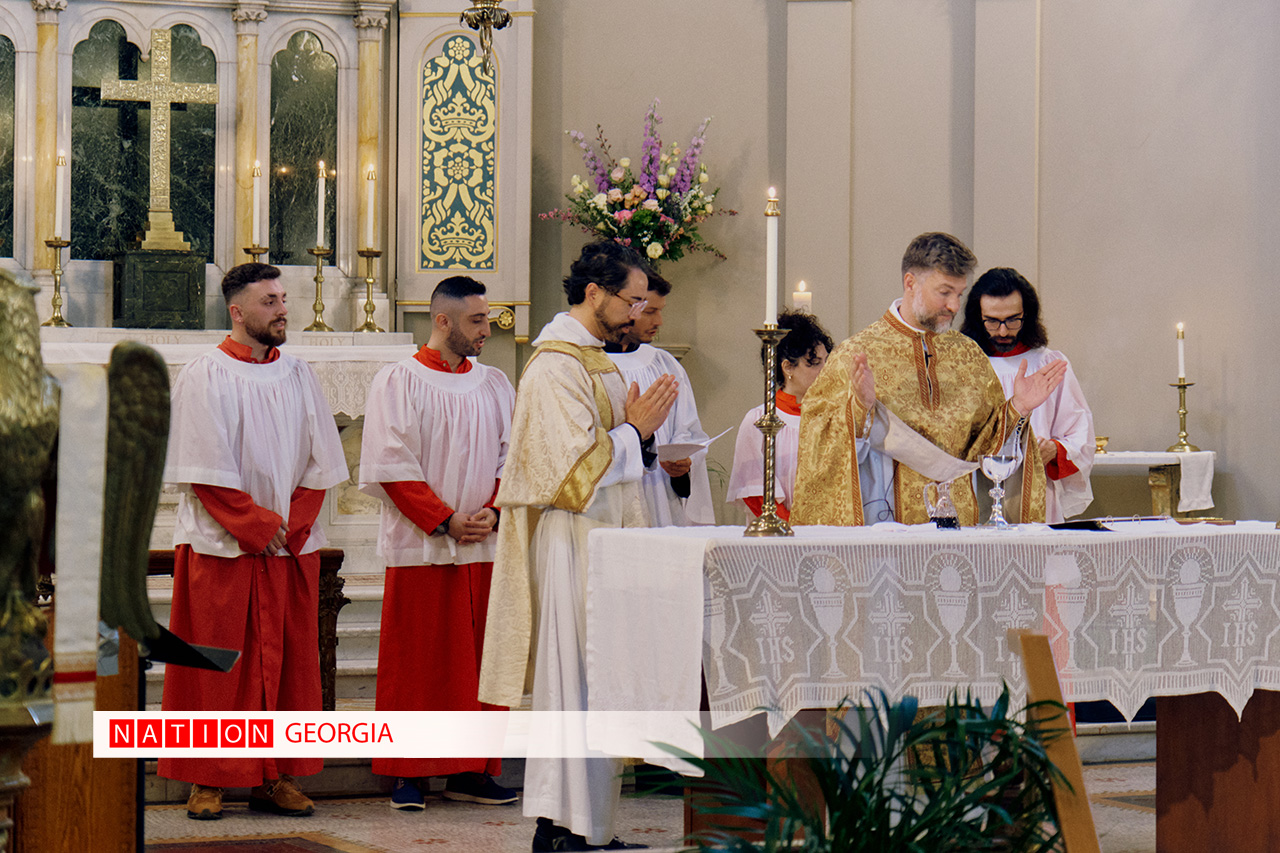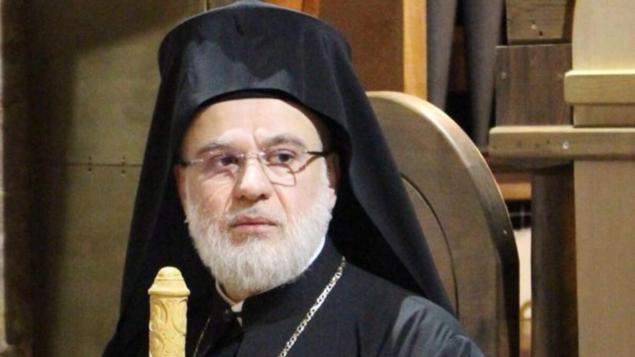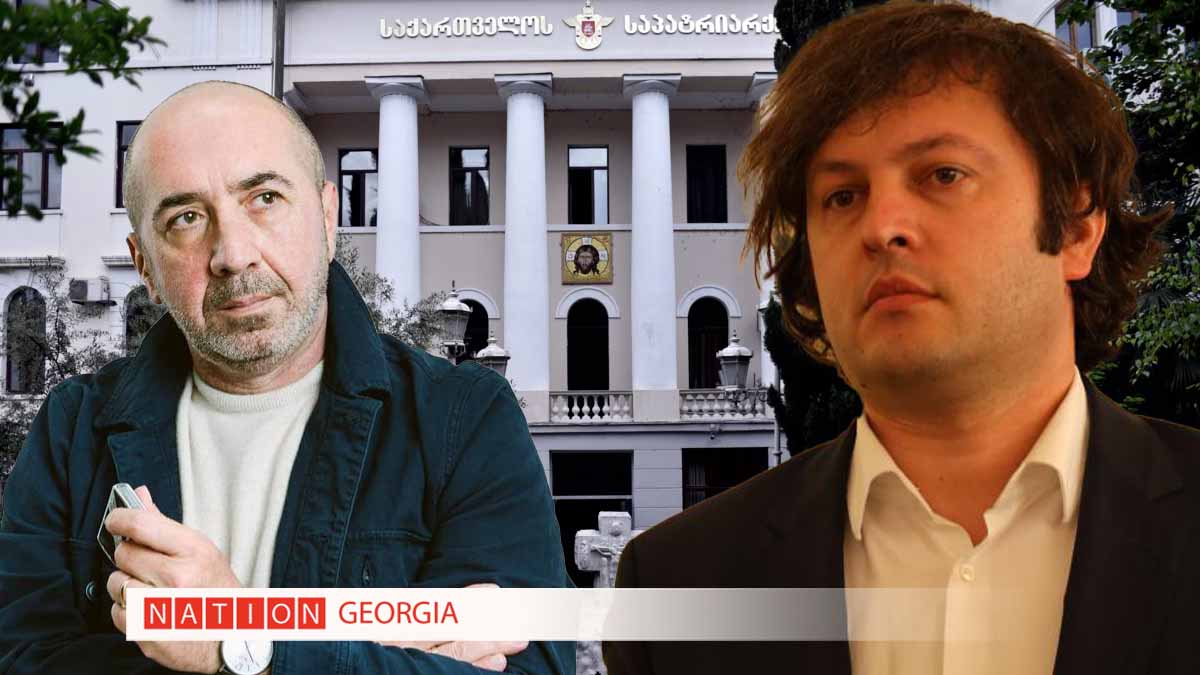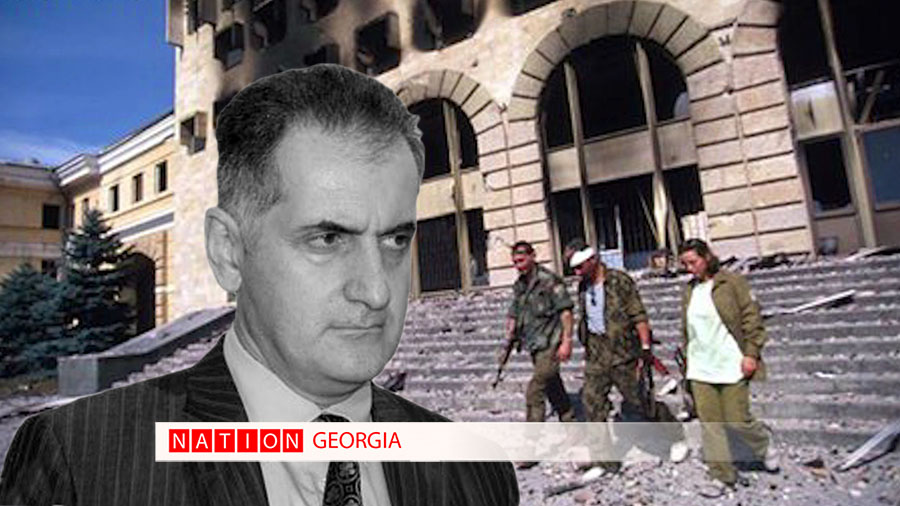
Expert: Putin unlikely to attend talks in Istanbul
13.05.2025 ნახვები: 165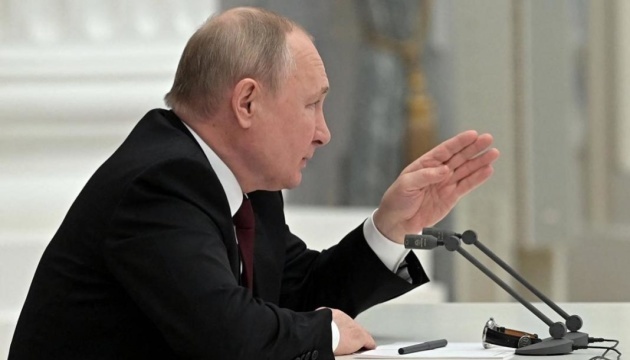
In a commentary to Ukrinform, Zhelikhovskyi shared his skepticism regarding Putin’s participation in the meeting.
"I have serious doubts that the meeting will take place on May 15. If not, Zelensky will make a statement that ‘I came, but you weren’t there’ and will simply hold a meeting with the Turkish side. Perhaps with the American side as well, since U.S. Secretary of State Marco Rubio will be there,” he noted.
According to Zhelikhovskyi, the Kremlin is unlikely to accept the offer of a personal meeting, despite its need to end the war due to Russia’s deteriorating economy and weakened military capabilities over the years of its invasion.
Read also: The right idea: Zelensky on Trump's intention to be present at meeting in Türkiye"The country's economy is struggling, and its military potential has declined—though there remains a margin of safety for at least another year. But for Putin, if he wants to end the war, it must be on Ukraine’s unconditional surrender. Traveling to Istanbul with such demands would be irrational," Zhelikhovskyi explained.
According to the expert, Ankara has consistently supported Ukraine’s territorial integrity and remains opposed to recognizing Crimea as Russian.
"It would be surprising if the host country encouraged Ukraine to accept such terms. Moreover, our European partners have also rejected this possibility," Zhelikhovskyi emphasized.
According to Zhelikhovskyi, if the Istanbul meeting does not take place, Ukraine will continue strengthening its ties with Western partners and the Trump administration.
"We should expect more support from the United States. Fortunately, we have signed a minerals deal, providing a foundation for close cooperation. In addition, Europe and the United States will introduce a new package of sanctions in a synchronized manner, and most importantly, the window of opportunity for Russia to get closer to the Trump administration will close," Zhelikhovskyi said.
The political analyst noted that such an outcome would be undesirable for Putin, who will likely seek a way to minimize losses, maintaining favor with the U.S. president while preserving ties with his BRICS allies.
"I assume he may stage some kind of provocation in the coming days—either within Russian territory, blaming Ukraine, or using renewed shelling to pressure Zelensky into canceling the meeting. In other words, the goal is to disrupt the talks, not simply ignore them," he said.
According to the expert, if Ukraine were to reject the White House’s call to “meet immediately,” it would be in a disadvantageous position—something the Russian leader is likely counting on.
"It seems to me that Putin was hoping Zelensky would refuse to hold talks in Istanbul, citing the NSDC decision or the fact that the May 12 ceasefire did not take place. Trump would then criticize him, while Putin could present himself as a 'dove of peace,' rallying both his domestic audience and allies from the 'axis of evil' around this," the political analyst said.
According to Zhelikhovskyi, if the talks do not take place on May 15, it could still be advantageous for Ukraine.
"It will be very difficult for us then, because the war will continue, but at the political and diplomatic level, we will win a great victory," Zhelikhovskyi said.
As reported by Ukrinform, on May 10, Ukraine and its allies—France, Germany, the United Kingdom, and Poland—proposed a 30-day unconditional ceasefire. If rejected, Ukraine’s allies plan to strengthen sanctions against Russia.
Later, Putin proposed holding direct negotiations with Ukraine “where they were interrupted” in 2022 - in Istanbul, Türkiye.
Zelensky said he expects Russia to confirm a ceasefire starting Monday and will personally wait for Vladimir Putin in Türkiye on May 15.

